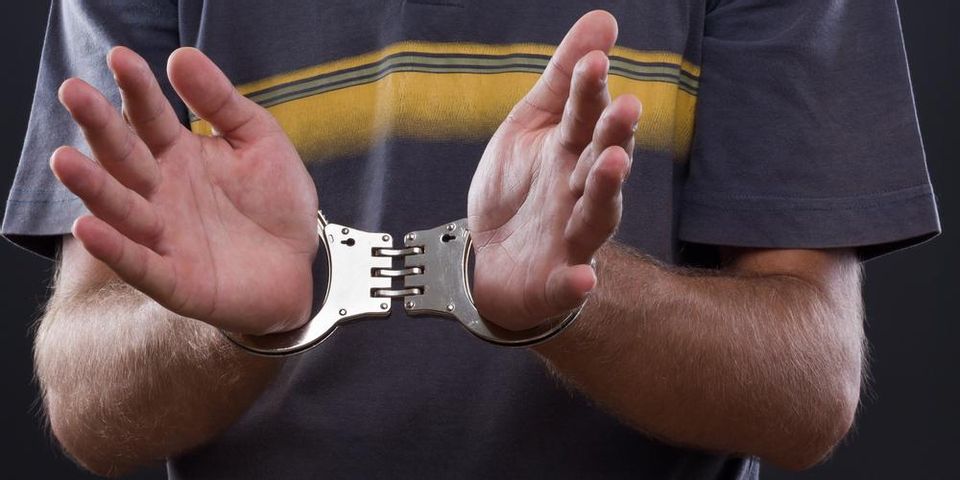Negotiating a Plea: Common Questions for Criminal Defense Attorneys

Common types of plea agreements:
While many criminal cases are resolved by way of a trial, either before a jury or before a judge, most criminal cases resolve with the defendant entering some kind of a plea agreement as an alternative to trial. There are many different types of plea agreements. This article summarizes some of the most common types of plea agreements. If you are a criminal defendant, it is important to understand the differences, because it will factor in to your decision on whether to reach a plea agreement or proceed to trial.
What is a “Withdraw and File”?
 You will sometimes hear criminal defense attorneys talk about doing what is referred to as a “withdraw and file”. This is the least restrictive agreement that a defense attorney and a prosecutor can reach, other than an outright dismissal of the charges. In these types of agreements, the prosecutor agrees to withdraw the charge, provided that the defendant agrees to comply with one or more conditions (e.g. no contact with the victim, no further criminal arrests or charges, etc.) for a period of time, often six to twelve months. If the Defendant successfully complies, the prosecutor will then dismiss the charge. If not, the prosecutor has the option to reinstate the charge and proceed. Significantly, a withdraw and file does not require the defendant to make any admission of guilt or enter any kind of guilty plea. While a withdraw-and-file is a very favorable outcome, they are not the most common resolution to criminal charges.
You will sometimes hear criminal defense attorneys talk about doing what is referred to as a “withdraw and file”. This is the least restrictive agreement that a defense attorney and a prosecutor can reach, other than an outright dismissal of the charges. In these types of agreements, the prosecutor agrees to withdraw the charge, provided that the defendant agrees to comply with one or more conditions (e.g. no contact with the victim, no further criminal arrests or charges, etc.) for a period of time, often six to twelve months. If the Defendant successfully complies, the prosecutor will then dismiss the charge. If not, the prosecutor has the option to reinstate the charge and proceed. Significantly, a withdraw and file does not require the defendant to make any admission of guilt or enter any kind of guilty plea. While a withdraw-and-file is a very favorable outcome, they are not the most common resolution to criminal charges.
What is a “Withheld Adjudication?
You will also hear criminal defense attorneys refer to withheld adjudications. These are similar to a withdraw-and-file in some ways, but they differ is some very major respects. Like a withdraw-and-file, in a withheld adjudication, a defendant agrees to comply with certain terms and conditions set forth in the agreement between the parties and, if the defendant successfully complies with all the terms and conditions, the charge will ultimately be dismissed. However, unlike a withdraw-and-file, a withheld adjudication requires that the defendant admit his or her guilt to the judge and plead guilty to the offense. The judge then accepts that guilty plea and sets a sentence based on that guilty plea, but the judge withholds adjudicating the defendant as guilty and sentencing the defendant at that time and, instead, allows the defendant to complete the terms and conditions of his probation.
This is more restrictive than a withdraw-and-file. If the Defendant fails to comply with his probation terms, the court can simply adjudicate him guilty and move forward with imposing sentence. There is no trial and no opportunity for appeal. Additionally, the defendant generally must pay fines and court costs as part of his probation, which itself may be supervised.
The upside to a withheld adjudication is that the charge is dismissed at the end with no guilty plea or conviction being on the defendant’s record, which can have major benefits, depending on a person’s criminal history.
Withheld adjudications are quite common, especially with first time DUI’s and minor drug offenses.
What is does a guilty plea entail?
When a case is resolved simply by the defendant pleading guilty, there is no suspension of his or her guilty plea. The defendant is simply found guilty based on that plea of guilt and the court proceeds to sentencing. It is commonplace for the prosecutor and the criminal defense attorney to have reached a plea agreement where the defendant receives more favorable treatment in exchange for the guilty plea, such as little or no jail time a reduction in charges, and move favorable probation terms, such as unsupervised as opposed to supervised.
An important thing to consider with all pleas is that, in exchange for your plea, you give up your right to a trial, to force the prosecutor to prove your guilt beyond a reasonable doubt, to cross examine their witnesses, to call your own, to testify yourself, and to appeal a conviction, among other things. What you often get in exchange is more control over the outcome and a more favorable result than if you were convicted. What option is best for you is something you have to decide, in consultation with your criminal defense attorney.
If you need a knowledgeable criminal defense lawyer in Baldwin County, AL, call the attorneys at J.P. Coleman Law, LLC. Focusing on criminal and family law matters, estate planning, mediation, and civil litigation, this father-and-son firm will provide you with the dedicated and professional legal counsel you need. Schedule your free initial consultation today by calling (251) 947-6247, and visit their website to learn more about their experience and practice areas.
About the Business
Have a question? Ask the experts!
Send your question

